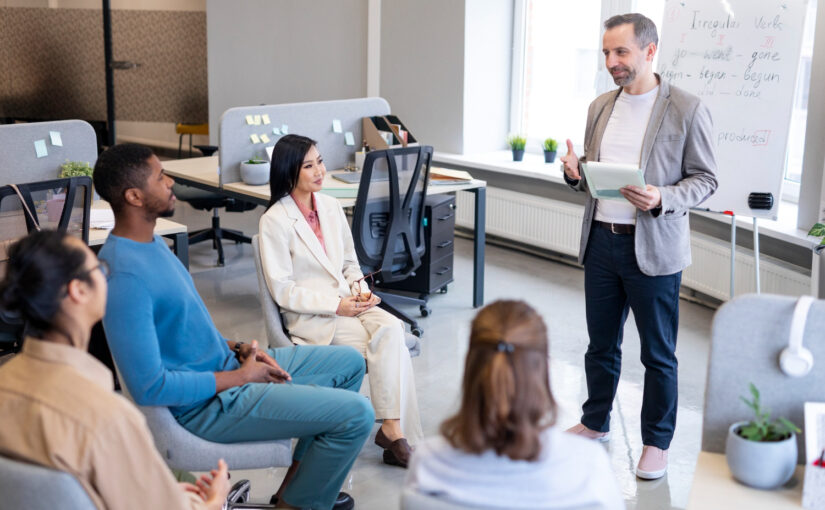Concentration is the pillar of learning. Whether you are cooking, solving a mathematical equation, or playing chess, a certain amount of attention is required. The base of concentration needs to be established in a child from his/her very first school. Montessori is the place where a child can adopt different methods to develop his/her concentration. Montessori children get the opportunity to do their tasks without any disruption, which helps in the growth of their attention. Montessori training encourages children to complete their learning process through a lot of practices. With that as an ongoing repetition, we have given here some classroom activities and games that can build the concentration among the children.
Building Games: Any building game is a high activity to keep the children focused. All they need is concentration, whether they are making a tower with cards or making building blocks with different shapes and colors. Montessori is the ground level that will set the base of attention among the children. Sometimes you can assign your children with group activities to make them learn how to work as a team.
Memory Games: Memory games are one of the best activities to develop concentration among children. For this, you can use some bright colored cards with pictures. First, the students will see the cards with full focus, and then you can ask some questions about the tickets to see how much they remember, which will prove how much they were concentrating.
Puzzle Games: Puzzle games are trendy not among the children, but also in aged people. There is a vast collection of puzzle games that will be found in the market for different age groups. It would be best if you choose suitable games for Montessori kids. You can give them Rubik cube as well, though challenging yet will help them focus with full attention to crack it. This enables them to build their concentration levels.
Timed Activities: Timed activities are another way to improve concentration in children. For example, you will write as many words as you can write on the blackboard. Then you give each student 1 minute and in that time how many words they can copy. If a child’s concentration power is right, then in one glance, he/she can remember 2-3 words to write.
Left-Hand Exercises: According to a study, left-hand activities can increase your focus because you don’t use the left hand for every work. So you can make children practice the letters and the numbers with the left side. While writing with the left hand, they will be focusing on making their writing readable, and automatically they will develop their concentration.
Drawing: Drawing is a fun activity, but it can also help the children to focus on their work. You can draw an object like a bird, a fruit, or a vegetable on the blackboard and tell your children to copy the exact thing. While copying, they will put their full effort, and thus a fun activity can increase your child’s attention.
Meditation: Meditation is the best way for the growth of concentration. Besides concentration, it will help the children to be calm and not to panic. So each day, you can have a meditation session of 5 minutes.
When your objective is to develop concentration in children, try to maximize hands-on activities instead of digital ones. To encourage your children, you can also give a token of appreciation to the winner. It will boost the other kids to do well in the next activities.



